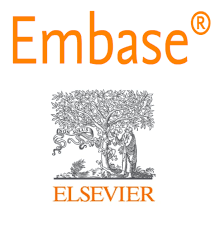AN EVALUATION STUDY ON FROZEN SHOULDER, ITS RISK FACTORS, AND MANAGEMENT IN TERTIARY CARE CENTRE OF WEST BENGAL: OBSERVATIONAL CROSS-SECTIONAL STUDY
Keywords:
Frozen shoulder, risk Factors.Abstract
Background: Frozen shoulder (adhesive capsulitis) is a painful condition characterized by progressive stiffness and limited range of motion of the shoulder joint. It often affects middle-aged adults and has multifactorial risk factors. Objective: To evaluate the demographic profile, identify risk factors, and assess management outcomes in patients diagnosed with frozen shoulder. Methods: A cross-sectional observational study was conducted on 26 patients clinically diagnosed with frozen shoulder. Data on demographics, clinical features, comorbidities, and management modalities were collected and analyzed. Results: The condition was most prevalent in individuals aged 41–60 years. Diabetes mellitus (46.1%) and hypothyroidism (26.9%) were the leading risk factors. Most patients responded well to physiotherapy combined with analgesics and intra-articular corticosteroids. Conclusion: Early diagnosis and structured conservative management significantly improve outcomes. Diabetes and thyroid disorders are major risk factors needing control.
.png)









